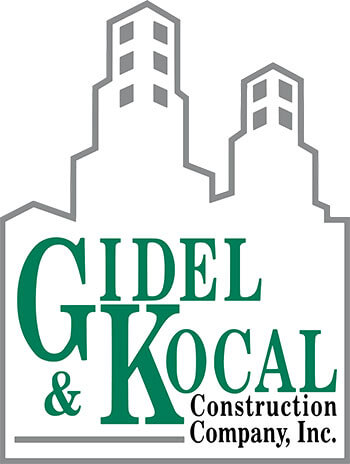
In the most literal of ways, construction projects come in all shapes and sizes. Estimating the cost of a construction job is a vital part of the planning stage. A construction cost estimate is an approximation of the entire project’s cost, which is done to determine its feasibility of the project. If you are new to construction or are exploring a construction project for the first time, it’s important to understand the basics of construction cost estimates. Having some rudimentary knowledge about a construction cost estimate will help you as you navigate the space and ensure your project stays within your budget.Purpose of Construction Cost Estimates
Regardless of whether your project is big or small, all construction comes with a set of costs. The overall construction cost estimate helps in determining the project’s feasibility and how realistic the job will be to complete in the way you envision it. A construction cost estimate will help you make an informed decision about financing, design, and construction methods. This process is used by contractors to develop a comprehensive budget and schedule for the project.
Three Types of Construction Cost Estimates
There are three types of construction estimates that occur within the pre-construction stage. These include:
- Preliminary Cost Estimate: This type of estimate is made during the project’s initial stage when information is still very limited. A preliminary cost estimate is more or less a general approximation of the cost of the project. This is also often referred to as a ROM (Rough Order of Magnitude) Budget.
- Detailed Cost Estimate: It’s only once detailed information about the project is available that a more detailed cost estimate can be provided. This comprehensive breakdown offers a more accurate assessment of the projected costs, including labor, material, equipment, and subcontractor fees.
- Final Cost Estimate: This is the most accurate of the three, as it is done when the design and detailed construction plans are completed. A final cost estimate helps determine the overall final budget of the project.
Main Components of a Construction Cost Estimate
Regardless of the type of cost estimate, several main components are needed. These components include:
- Labor Costs: The cost of all labor needed for the project, including wages, benefits, and insurance.
- Material Costs: The cost of all materials required for the project, including raw materials, finished products, and supplies.
- Equipment Costs: The cost of all equipment to be used for the project, including rental fees, maintenance costs, and fuel expenses.
- Subcontractor Costs: The cost of any subcontractors required for the project, including fees for specialized services and labor.
- Overhead Costs: The cost of all indirect costs associated with the project, such as permits, insurance, and administrative expenses.
- Contingency Costs: The safety backup cost in case an unexpected expense arises or changes in the project scope.
Construction cost estimates are vital to accurate planning within the construction industry. Not only do they help determine the feasibility of a project, but they also help business owners and project managers make more informed decisions. While cost estimates are integral to the construction process, equally important to remember is that they are just that: estimates. These cost estimates are just approximations and can change even once the project has already started. It is therefore always important to work with a general contractor who stays on top of and regularly reviews the cost estimate throughout the entirety of the construction process. If you have any questions about construction cost estimates, feel free to contact us at Gidel & Kocal Construction Co Inc. now!
